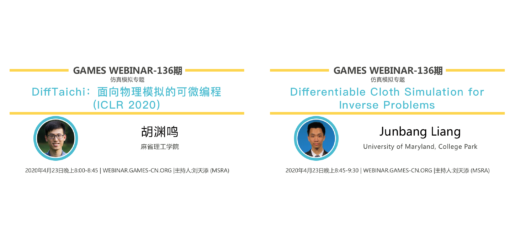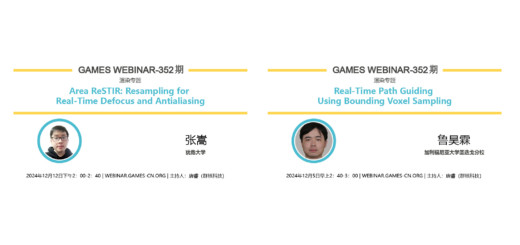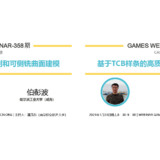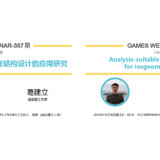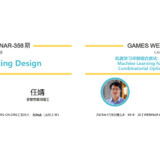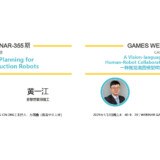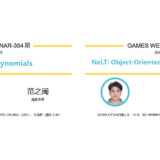GAMES Webinar 2020 – 132期(绘制专题) | Cheng Zhang(UC Irvine), Yuchi Huo(KAIST)
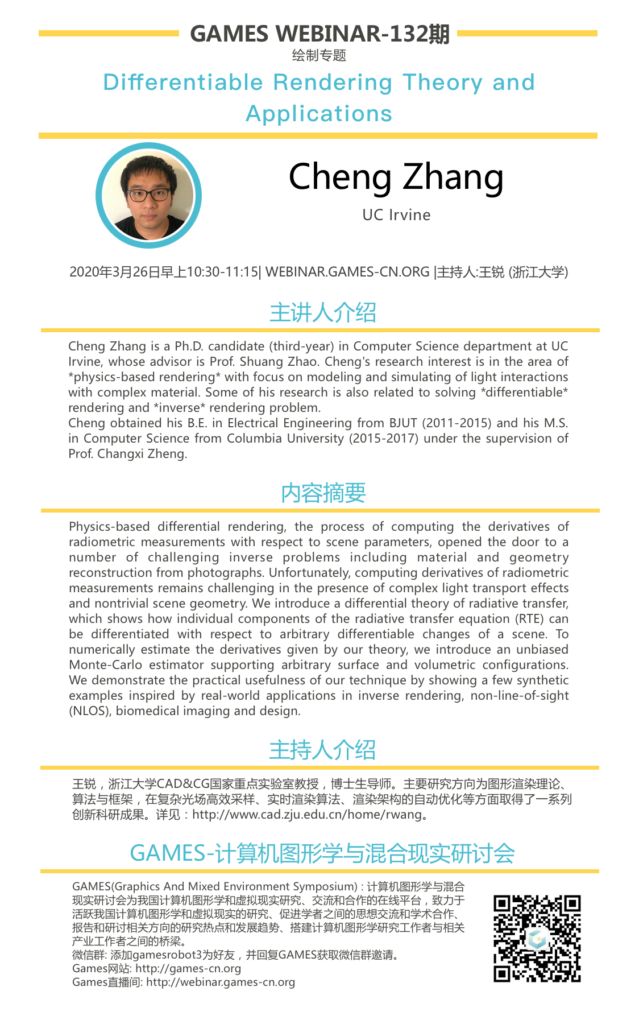
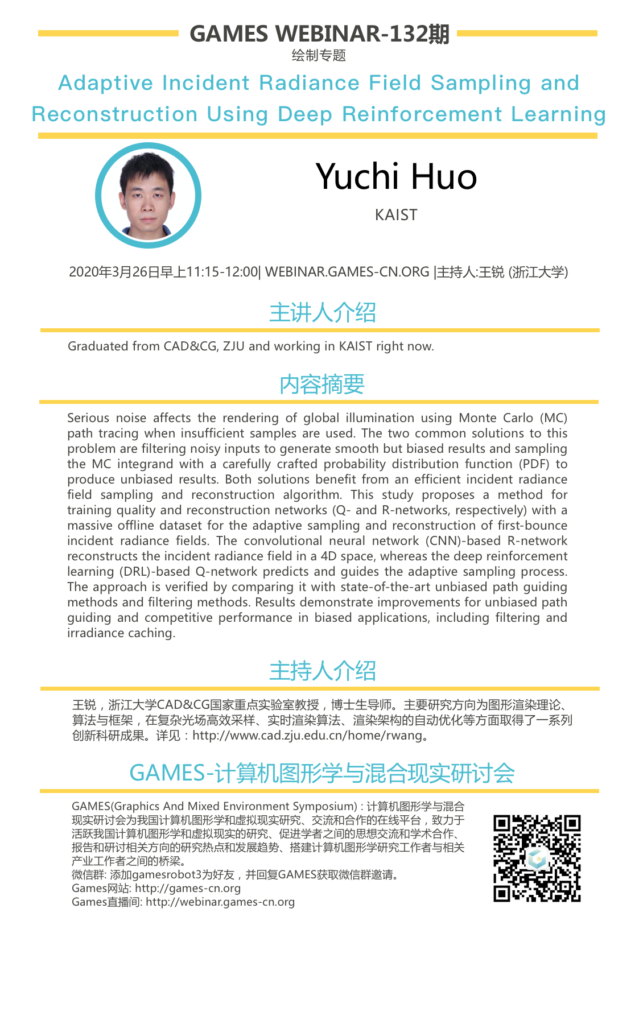
【GAMES Webinar 2020-132期】(绘制专题)
报告嘉宾1:Cheng Zhang, UC Irvine
报告时间:2020年3月26日早上10:30-11:15(北京时间)
报告题目:Differentiable Rendering Theory and Applications
报告摘要:
Physics-based differential rendering, the process of computing the derivatives of radiometric measurements with respect to scene parameters, opened the door to a number of challenging inverse problems including material and geometry reconstruction from photographs. Unfortunately, computing derivatives of radiometric measurements remains challenging in the presence of complex light transport effects and nontrivial scene geometry. We introduce a differential theory of radiative transfer, which shows how individual components of the radiative transfer equation (RTE) can be differentiated with respect to arbitrary differentiable changes of a scene. To numerically estimate the derivatives given by our theory, we introduce an unbiased Monte-Carlo estimator supporting arbitrary surface and volumetric configurations. We demonstrate the practical usefulness of our technique by showing a few synthetic examples inspired by real-world applications in inverse rendering, non-line-of-sight (NLOS), biomedical imaging and design.
讲者简介:
physics-based rendering with focus on modeling and simulating of light interactions with complex material. Some of his research is also related to solving differentiable rendering and inverse rendering problem.
讲者个人主页: https://www.ics.uci.edu/~chengz20/
报告嘉宾2:Yuchi Huo, KAIST
报告时间:2020年3月26号早上11:15-12:00(北京时间)
报告题目:Adaptive Incident Radiance Field Sampling and Reconstruction Using Deep Reinforcement Learning
报告摘要:
Serious noise affects the rendering of global illumination using Monte Carlo (MC) path tracing when insufficient samples are used. The two common solutions to this problem are filtering noisy inputs to generate smooth but biased results and sampling the MC integrand with a carefully crafted probability distribution function (PDF) to produce unbiased results. Both solutions benefit from an efficient incident radiance field sampling and reconstruction algorithm. This study proposes a method for training quality and reconstruction networks (Q- and R-networks, respectively) with a massive offline dataset for the adaptive sampling and reconstruction of first-bounce incident radiance fields. The convolutional neural network (CNN)-based R-network reconstructs the incident radiance field in a 4D space, whereas the deep reinforcement learning (DRL)-based Q-network predicts and guides the adaptive sampling process. The approach is verified by comparing it with state-of-the-art unbiased path guiding methods and filtering methods. Results demonstrate improvements for unbiased path guiding and competitive performance in biased applications, including filtering and irradiance caching.
讲者简介:
Graduated from CAD&CG, ZJU and working in KAIST right now.
讲者个人主页: https://person.zju.edu.cn/en/0617413#892731
主持人简介:
王锐,浙江大学CAD&CG国家重点实验室教授,博士生导师。主要研究方向为图形渲染理论、算法与框架,在复杂光场高效采样、实时渲染算法、渲染架构的自动优化等方面取得了一系列创新科研成果。详见:http://www.cad.zju.edu.cn/home/rwang。
GAMES主页的“使用教程”中有 “如何观看GAMES Webinar直播?”及“如何加入GAMES微信群?”的信息;
GAMES主页的“资源分享”有往届的直播讲座的视频及PPT等。
观看直播的链接:http://webinar.games-cn.org
